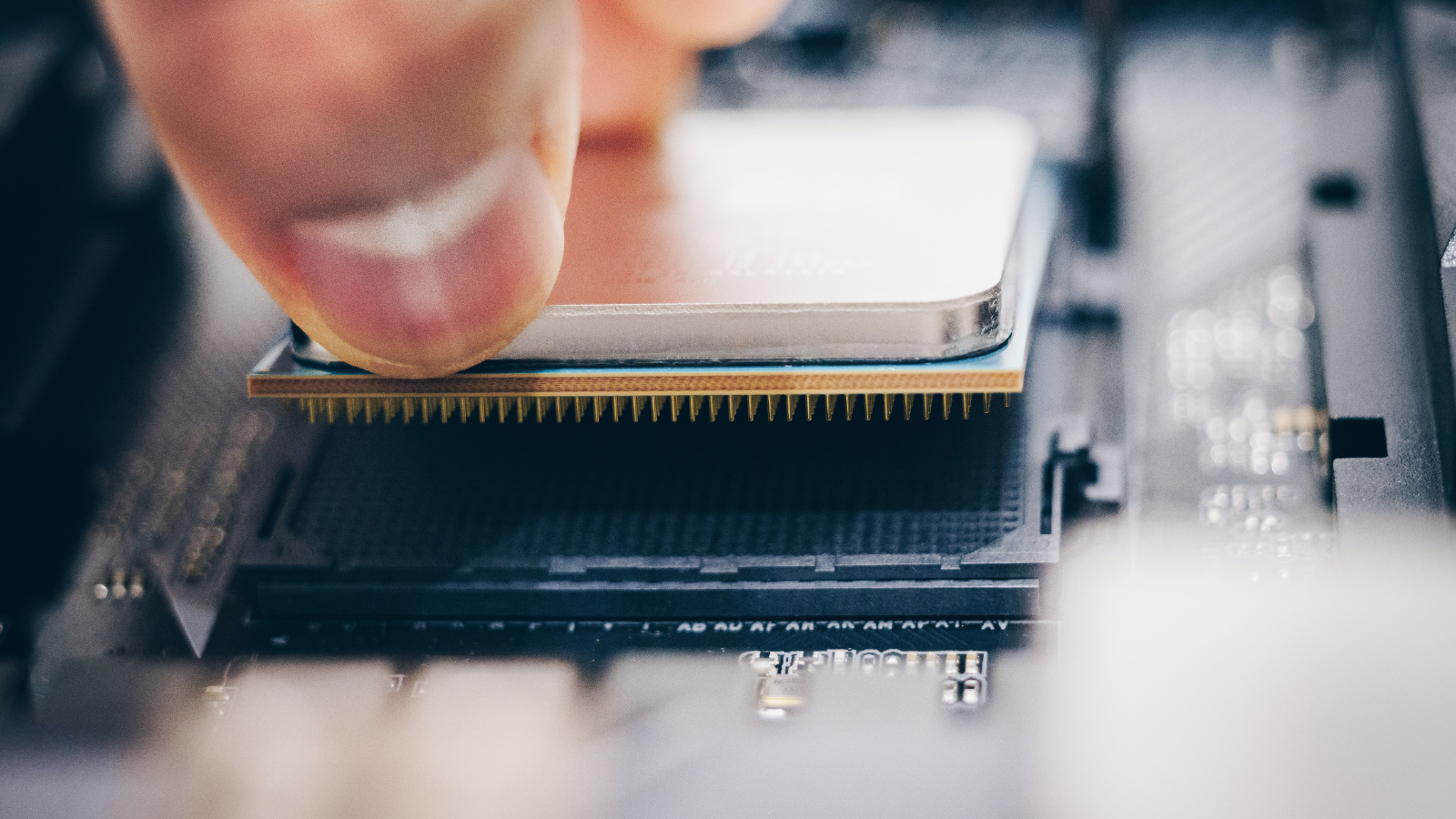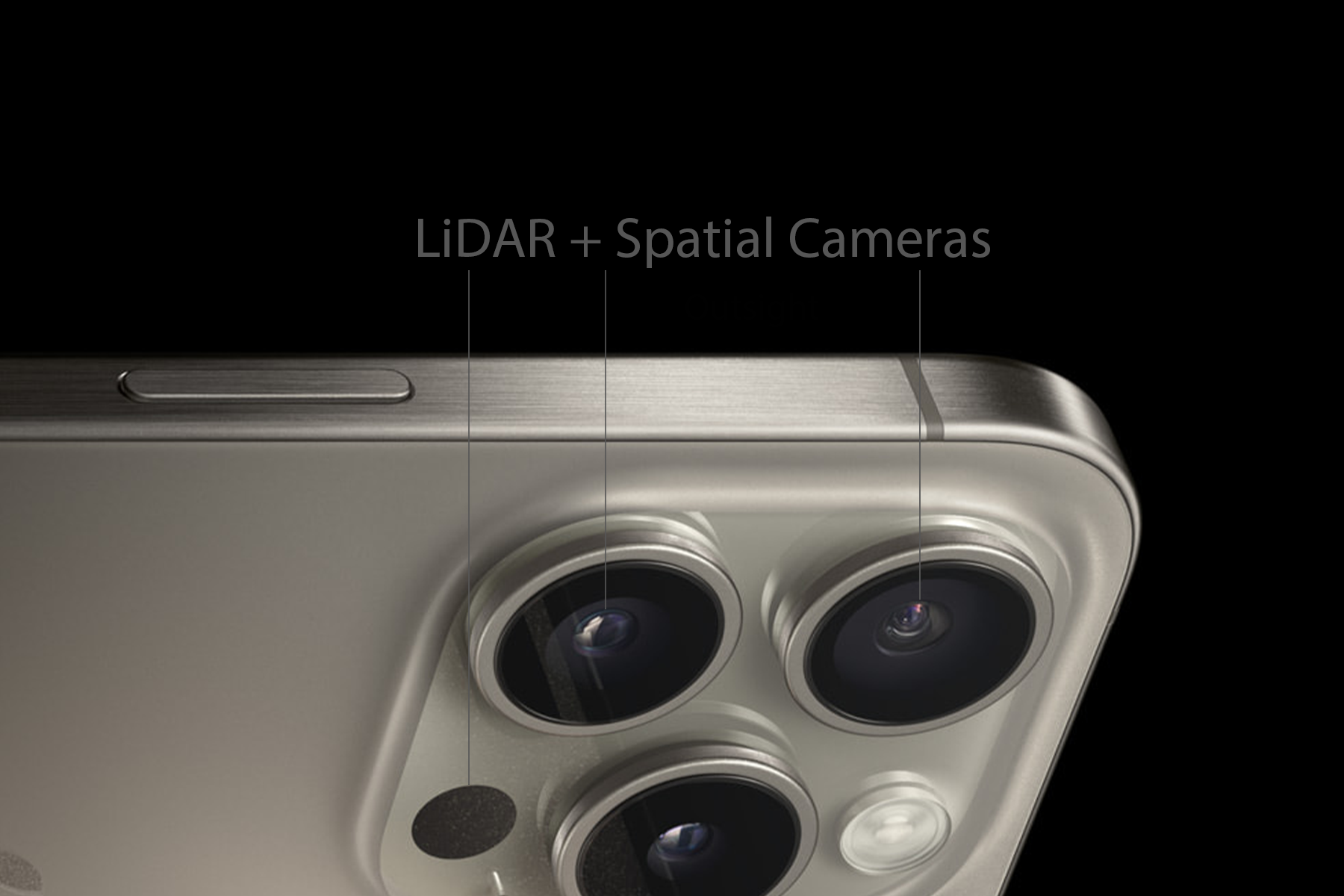
Next-gen Denso LiDAR system is made possible by AMD adaptive computing technology
AMD's Xilinx Automotive Zynq UltraScale+ SoC technology will power Denso's LiDAR platform to provide improved resolution and low latency.
AMD has revealed that its adaptive processing technology is powering Denso's next-generation LiDAR platform to give a 20X boost in resolution with exceptionally low latency for enhanced precision in recognizing pedestrians, cars, free space, and other objects.
Supported by AMD's XA Zynq UltraScale+ multi-processor system-on-a-chip (MPSoC) architecture, Denso's Single-Photon Avalanche Diode (SPAD) LiDAR system achieves the greatest point-cloud density of any LiDAR system now available.
Similar to picture resolution, point-cloud density refers to the number of points in a specific location. Richer data guarantees that critical decision-making elements are recorded.
AMD stated that its highly-adaptable XA Zynq UltraScale+ MPSoC enables Denso's LiDAR systems to minimize the size of existing LiDAR implementations, allowing several LiDARs to function in tandem for front and side views of a vehicle. Several Denso LiDAR systems, including future generations, may utilize a single device, which reduces system costs and makes designs future-proof.
"We are excited to expand our collaboration with AMD as we introduce our next-generation LiDAR system. AMD high-performance, highly scalable, programmable silicon offers distinct benefits for the extremely complex image processing requirements of our LiDAR sensor architecture."
Said Eiichi Kurokawa, head of Denso's sensing system business unit, in a statement issued by AMD.
"Denso has developed an exceptionally precise LiDAR system. With LiDAR continuing to evolve, there are new technology requirements, driving the need for improvements in sensitivity, density and performance. Through AMD adaptive computing technology we're helping to enable a reduction in system size and space, while also improving resolution for increased precision in object detection, all at very low latency."
Said Mark Wadlington, senior VP and GM of AMD's core markets group.
LiDAR INSIGHTER Newsletter
Join the newsletter to receive the latest updates in your inbox.





